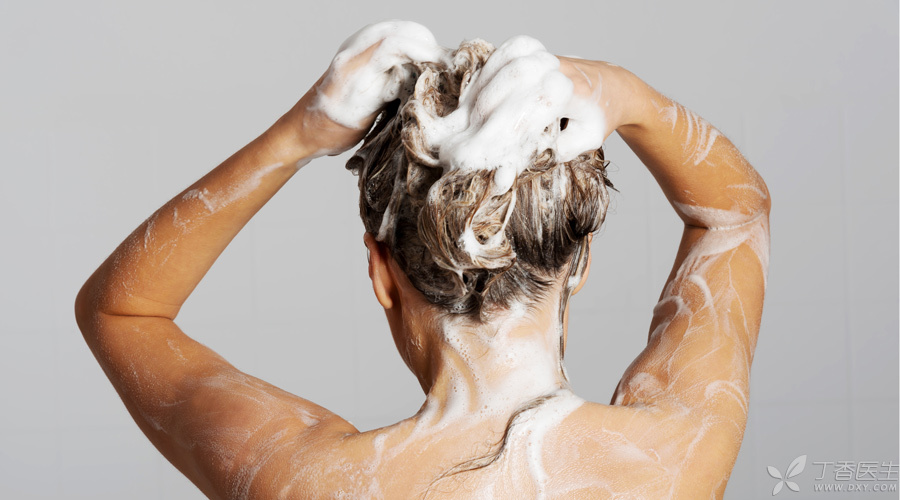
Recently, there was a video that was widely spread among WeChat friends.
A lot of headlines are < < Don’t wash your hair with this, it’s terrible! Look at it! > >, or < < Do you use what brand shampoo? Don’t wash your hair with this again.

In less than 4 minutes, the video said in the form of news reports that more than 60% of the 60 brands of shampoo we commonly use have detected harmful substances: dioxane.
Due to the bad influence of public opinion, most of the relevant videos have been banned at present. However, many readers will still ask: What is going on? Is it a rumor?
This time it is really not an unfounded rumor.
1. It is normal for shampoo to detect dioxane.
Speaking of which, shampoo companies related to this news incident are somewhat wronged. Because the industry requires [dioxane is not allowed to be added], they all followed the regulations and did not add this substance additionally.
The problem actually lies in the main ingredients of shampoo.
That is, a surfactant called sodium lauryl alcohol polyether sulfate (AES). As long as it is a polyether surfactant, it may contain trace amounts of dioxane, a by-product impurity.
Is it possible to think that shampoo has no dioxane at all? Yes, but it takes a lot of cost to use the corresponding production technology. The price is…
Shampoo will be very expensive.
2. Trace dioxane does not cause health hazards.
News videos and various reporting articles all mentioned [dioxane is a carcinogen], which is true.
According to the classification of the International Cancer Research Center (IARC), dioxane belongs to Class 2B carcinogen, that is to say:
Dioxane [may have carcinogenic effect on human body], and [may] indicate that its carcinogenic evidence strength is not high.
You know, processed meat such as bacon and sausage and red meat such as fresh pigs, cattle and sheep are all at higher risk than dioxane.
In addition, the skin absorption rate of dioxane is very low, even if shampoo contains trace dioxane, it can be used safely under normal circumstances. If it weren’t for washing your head hundreds of times a day for a lifetime, there would be no danger of what.
3. Hong Kong Consumer Association Announces: People with Sensitive Skin Should Be Careful in Choosing
At present, China’s shampoo industry has no exact requirements for dioxane. The State Food and Drug Administration has publicly solicited opinions and tentatively set the limit of dioxane in cosmetics at no more than 30ppm.
However, the “over-standard” mentioned in the report of the Hong Kong Consumer Association this time means that dioxane is measured at 12ppm ~ 24ppm, which exceeds the EU standard, but in fact it also meets the standard.
Therefore, after the news event, the Hong Kong Consumers’ Association issued another supplementary explanation:
Trace dioxane in cosmetics does not pose safety concerns to consumers.
